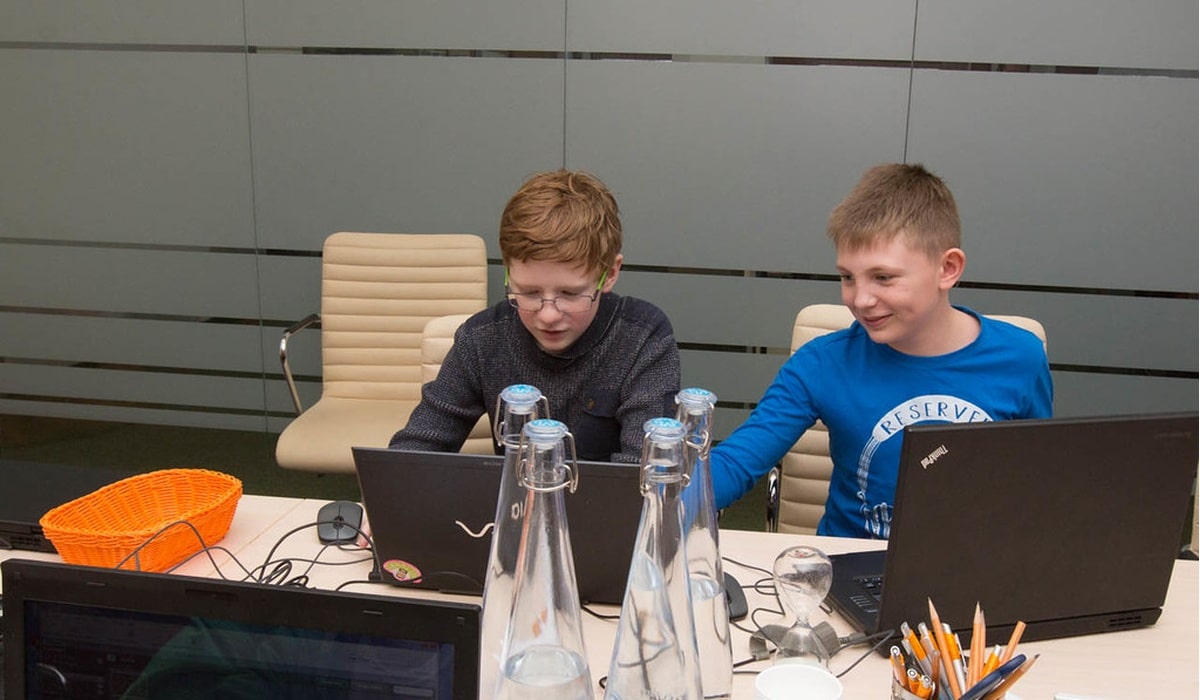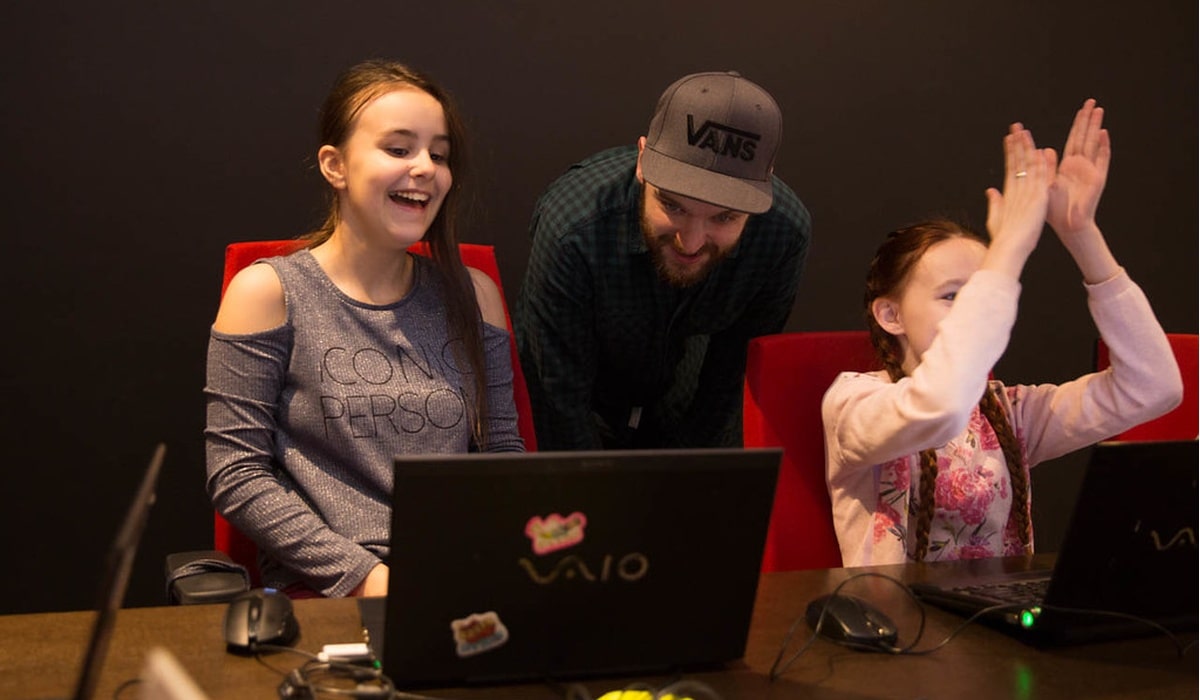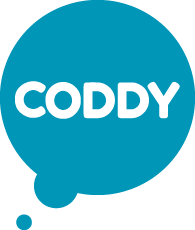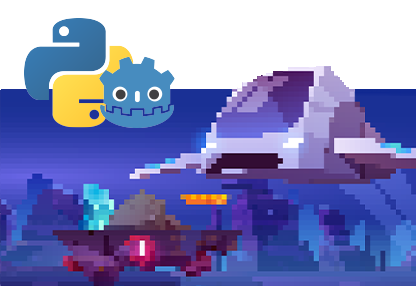What do complex code, a child’s first project, and genuine friendship have in common? They’re all built on mutual exchange—of experiences, support, and encouragement. The principle of reciprocity isn’t just vital in marketing or adult life; it’s essential in children’s education too.
The Problem
Education is often seen as a one-way transfer of knowledge. Teachers instruct, and students follow. But how many children lose interest in learning because they don’t feel engaged? They see themselves as mere “receivers” with no understanding of how knowledge applies to real life. Worse, they miss out on the joy of sharing what they know and contributing to something greater.
This was the case with 11-year-old Ethan during one of CODDY’s courses. He confessed by the third class that he didn’t see the point of coding. “I’m just completing the tasks, but there’s no real outcome,” he admitted. This is a common issue when children feel disconnected from the learning process.

The Realization
To tackle this, we changed our approach. Instead of assigning Ethan another task, we encouraged him and his classmates to exchange ideas and collaborate on a group project. Each child proposed a concept, and they worked together to bring it to life. Suddenly, Ethan not only became an active participant but also a guiding figure who supported others in areas where they struggled.
The principle of reciprocity worked flawlessly here. By helping others, the kids began to value their own knowledge. At the same time, receiving support from peers boosted their individual growth.
The Solution
At CODDY, we structure lessons so that every child not only gains new skills but also learns how to share them. Collaborative efforts, such as game development, sharing project insights, or assisting newcomers in the course, are integral to our teaching.
For instance, 12-year-old Sophia contributed her unique design vision to one group project, which inspired her classmates to enhance the game’s graphics. Meanwhile, a teammate of hers stepped in to teach her a complex script that brought her idea to life.
This approach isn’t just about acquiring technical skills—it’s about creating an environment where mutual learning thrives. Kids see the value in collaboration and understand how giving and receiving help fosters growth.

The Results
Reciprocity isn’t just about fostering kindness—it produces tangible outcomes. Up to 70% of CODDY students involved in group projects report higher self-confidence. They see that their contributions matter and are valued, which empowers them to tackle challenges with enthusiasm. They learn to not only absorb but also to give back.
Your Opportunity
P.S. Sign your child up for CODDY’s courses and give them the chance to develop future-ready skills while learning the power of teamwork and mutual growth!









